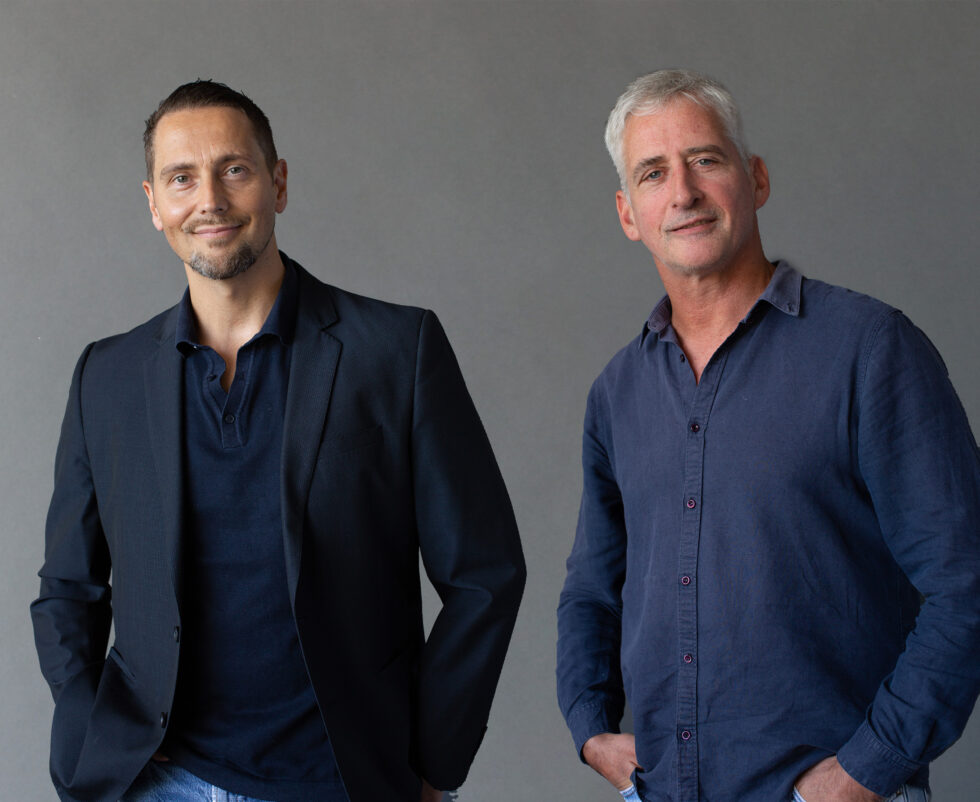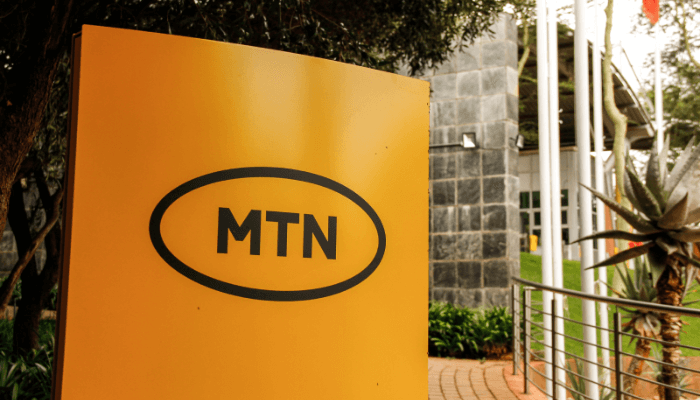South African fintech startup Omnisient is one of seven African startups to be recognised as a tech pioneer by the World Economic Forum.
South African data analytics fintech Omnisient has been recognised as a “tech pioneer” by the World Economic Forum. Launched in 2000, the Technology Pioneer community is composed of early-stage companies from around the world that are involved in the design, development, and deployment of new technologies and innovations and are poised to have a significant impact on business and society.
Omnisient has developed a privacy-preserving process for banks to access new sources of consumer data for determining credit worthiness of individuals with no credit history. The startup claims that the process protects consumer privacy and removes the risks and challenges commonly associated with sharing consumer information.
TechCabal caught up with Omnisient CEO Jon Jacobson to learn more about their business model and how they plan to leverage the recognition by the WEF to scale their business.
Please tell us about Omnisient and the problem you are trying to solve.
Jon Jacobson: The problem is that when you get privacy laws, what actually happens is it’s really good for people and for the consumer but it actually has an indirect impact on businesses trying to get access to data. We have to remember that data is the new oil and it is fundamental to most processes from customer acquisition, lead generation, etc.
So Omnisient basically helps businesses utilise data by also abiding with the requisite privacy laws. It is a privacy-preserving data collaboration platform that allows businesses to collaborate on data insights on consumer behaviour and preferences. It so happens that by solving problems with privacy in mind, you can really solve some big problems.
What challenges have you faced in trying to solve this problem in your core markets?
JJ: The challenges are typical when building a new tech startup business from scratch. I’m a software engineer and I have been a programmer for most of my life so I’m cognisant of some of the problems a tech startup faces. The first one was getting funding to build our solution. Before getting seed funding from Investec, Nedbank, and a third investor, it was very tough.
Another challenge, I would say, is getting customers to accept and use our platform. When you bring a new technology into the market, especially as a B2B business, it takes education for people to understand it which requires a substantial amount invested in marketing efforts. I think we addressed that challenge quite successfully because eight South African banks now use our platform. Our other customers include large retailers and insurance companies.
Omnisient raised $3.5 million in September 2022. How has this funding helped to further the business’ mandate?
JJ: It has been fundamental because when you service large organisations like banks, telcos, chain retailers, etc, you have to have good people on board, and good people don’t come cheap. So with the funding, we’ve built our team, all the tech and everything else. The funding has also helped us a lot with regard to research and development as we build out our product and also helped us to build very strong sales, marketing and business development teams. At this stage, we are doing $2 million in annual revenue runrate (ARR) in dollars and that kind of puts us in the Series A range and that’s actually what we’re going to be doing soon, going into the market to raise our Series A.
Omnisient was recently recognised by the WEF as a “tech pioneer”. Please tell us how that came about.
JJ: I would say that came about because of the continual effort that we put into our work. You might be doing something for two years and then you get recognised at the end of the two years, but you’ve already been doing it for a while. I think the difference is with us, some of the things we’ve been working on, have really come to fruition in the last year especially the managing credit risk side of the business.
In March, we were awarded a significant award by the African Banking Summit in Nairobi for the most innovative financial inclusion technology. I think that put us on the map.
One of the major things that the WEF focuses on is solving the financial, the financial inclusion problem. In South Africa, we’ve enabled the banks to score 8 million individuals with no credit history and identify 3.2 million of them who could qualify for affordable credit that would previously have been declined. I think just that work put us in the scope of the recognition by the WEF.
What’s next for Omnisient?
JJ: We’ve been on a journey to expand our business and to grow into new markets and this recognition by the WEF obviously helps. I’m actually at the airport on my way to China where I’ve got some super exciting meetings set up. So the recognition gives us access to very valuable networks and that’s vital to us.
* This interview has been edited for style and clarity.





















